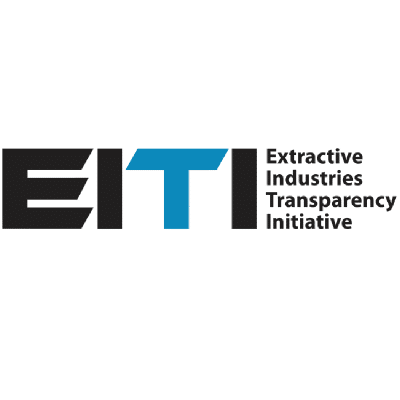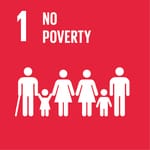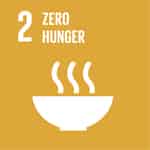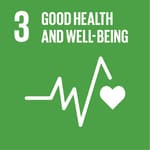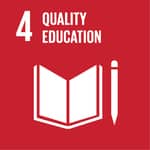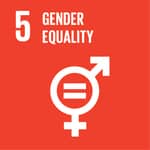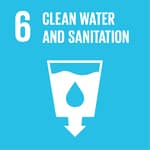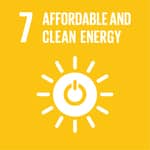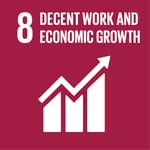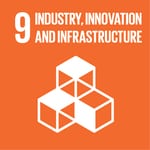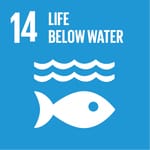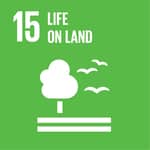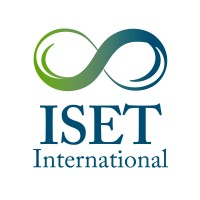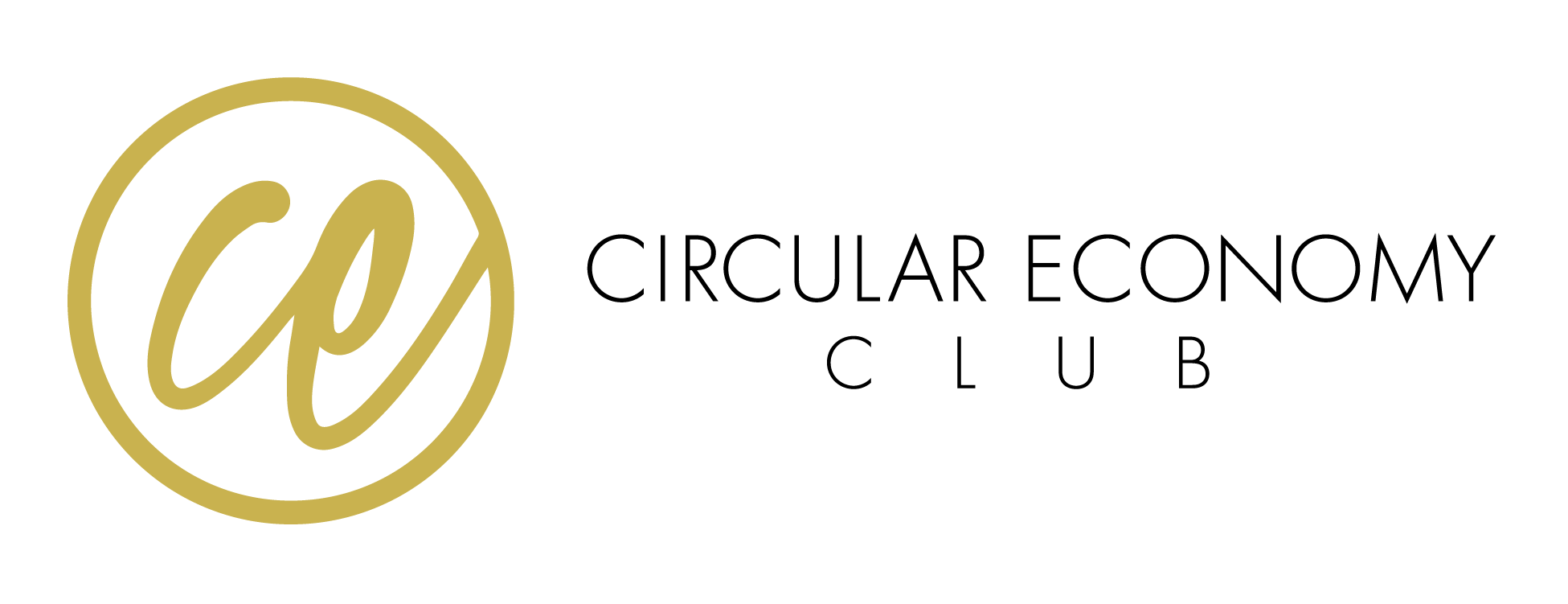A global standard guided by the belief that a country’s natural resources belong to its citizens, to promote the open and accountable management of oil, gas and mineral resources. Ignited by the work of economists and social theorists such as Jeffrey Sachs, Joseph Stiglitz, Terry Lynn Karl and Paul Collier, who have detailed how the huge potential benefits of oil, gas and mining were not being realized and were associated with increased poverty, conflict and corruption. It presents a global standard to promote open and accountable management of natural resources by strengthening government and company systems, informing public debate, and enhancing trust. In each implementing country it is supported by a coalition of governments, companies and civil society. Countries implementing the EITI disclose information on tax payments, licenses, contracts, production and other key elements around resource extraction, which is disclosed in an annual report available to everyone. The EITI Standard contains a set of requirements that countries need to meet in order to be recognized as first an EITI Candidate and ultimately an EITI Compliant country. The standard is overseen by the international EITI Board, with members from governments, companies and civil society. 52 nations implemented EITI standards accounting for 2.5 trillion USD in revenues.
Programs:
- Artisanal and small-scale mining (ASM) – Monitors this largely informal sector with limited available information on production, revenues, operations and even location of activities. Regulation of the sector is often inadequate and its real contribution to a national economy is difficult to estimate. ETI increasingly seeks to provide a more comprehensive picture of the contribution of ASM to the economy.
- Beneficial ownership – The identity of the real owners – the ‘beneficial owners’ – of the companies that have obtained rights to extract oil, gas and minerals is often unknown, hidden by a chain of unaccountable corporate entities. This problem often helps to feed corruption and tax evasion. EITI countries have to ensure that companies that apply for or hold a participating interest in an oil, gas or mining license or contract in their country disclose their beneficial owners.
- Systematic disclosure – Extractive industry transparency should not be confined to an EITI Report, but rather become an integral part of how governments manage their extractive sector. Mainstreaming is about encouraging and recognizing countries that make efforts to take these steps.
- Role of SOEs – SOEs own and operate projects, either outright or in joint ventures. State equity is used by many countries to secure additional government take (beyond tax revenue) from extractive projects. The EITI therefore requires detailed reporting on the role of SOE in the extractive industries, where this is applicable.
- Commodity trading – One of the key objectives of the EITI is to shed light on the return that a country gets in exchange for its oil, gas and minerals.
- The EITI Value Chain – The EITI Standard requires countries and companies to disclose information on the key steps in the governance of oil, gas and mining revenues. A multi-stakeholder group is tasked with making sure that the information on the sector is made known to the population and fosters public debate.
- Legal framework and taxes – Seeks to promote greater public awareness about the legal and regulatory frameworks that apply to the extractive industries. These laws and regulations establish the institutional responsibilities of the State in managing the sector, establish rules on license allocation and contracts, and establish detailed requirements for extractive companies.
- Exploration and production – Countries are required to disclose the volumes and market value of production, as well as exports of each extracted mineral and petroleum product. These data should be submitted by the relevant state and region.
- Revenue collection – Based on the principle that a public understanding of government revenues and expenditure over time could help public debate and inform choice of appropriate and realistic options for sustainable development. The EITI requires a comprehensive reconciliation of company payments and government revenues from the extractive industries.
- Revenue allocation – Extractive sector revenue collected by the government is often distributed in a number of different ways and involves several different institutions. Transparency in revenue allocations enables citizens and stakeholders to track whether the money from the extractive sector ends up in the national budget or is distributed to other funds or government entities.
- Oversight of the EITI – In each implementing country, a multi-stakeholder group (MSG) comprised of representatives from government, companies and civil society is established to oversee EITI implementation
- Outcomes and impact of the EITI – The monitoring and evaluation focuses on the national level to measure progress based on annual work plans, progress reports, and external validation.
Publications:
- News
- Events like the ETI Global Conference,
- An interactive map with detailing country status
- A guide and resource library on the implementation process
- A database that offers extensive amounts of data and encourages the analysis of the data published by EITI implementing countries.

